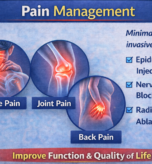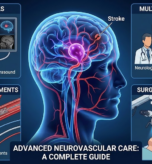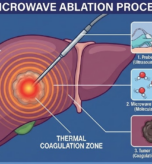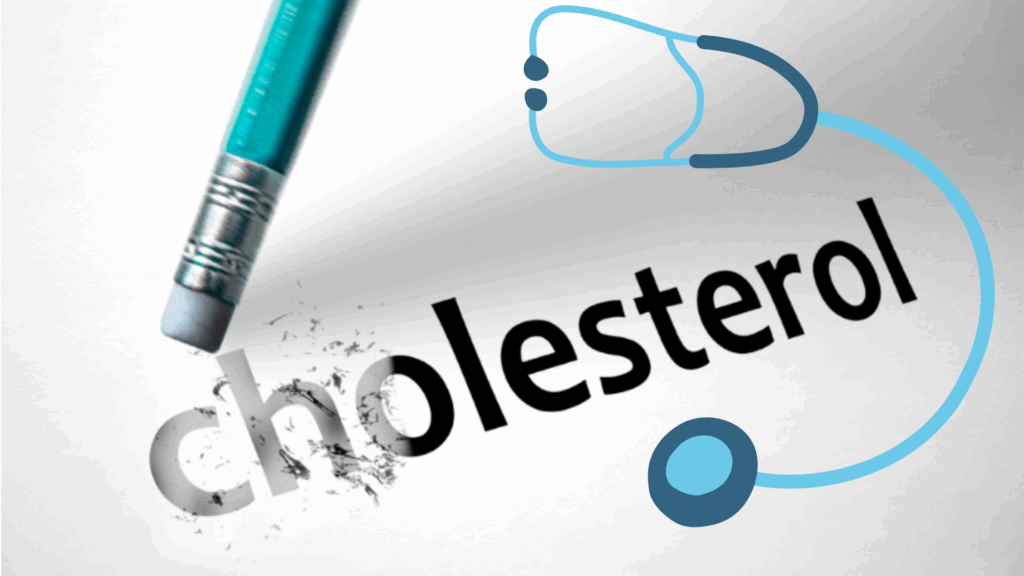
Introduction
High cholesterol is one of the leading silent threats to heart health worldwide. According to the World Health Organisation (WHO), this problem is linked to nearly 4.5 million deaths each year due to heart disease and stroke. While lifestyle changes such as eating healthy, exercising, and quitting smoking are the first steps toward lowering it, many people eventually need medications to achieve safe levels.
However, one question arises repeatedly: Are cholesterol-lowering drugs safe for everyone? And more importantly, how do you avoid common mistakes while taking them?
This detailed guide will walk you through everything you need to know—what these medicines are, their benefits, possible risks, common side effects, alternatives, and smart lifestyle strategies—so that you can make informed, safe, and effective choices.
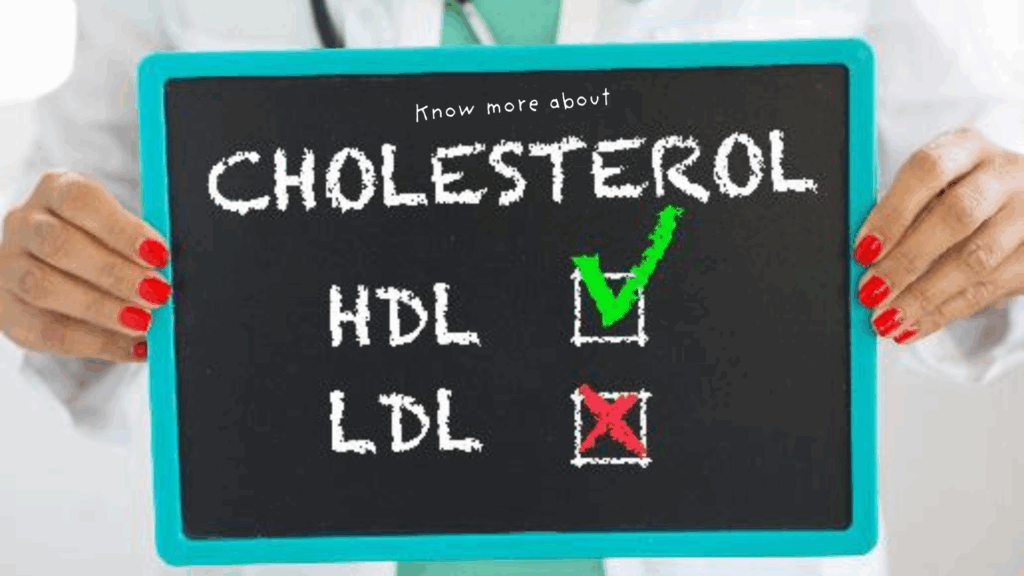
What Are Cholesterol Medicines?
These are prescribed to help reduce LDL cholesterol (low-density lipoprotein), often called the “bad” cholesterol. LDL contributes to plaque buildup in arteries, which increases the risk of:
- Heart attack
- Stroke
- Peripheral artery disease
The Most Common Cholesterol Medicines
Statins – To begin with, statins are the most commonly prescribed of these drugs. They work by blocking an enzyme in the liver that is responsible for producing cholesterol.
Ezetimibe – In addition, ezetimibe helps lower cholesterol by reducing its absorption in the intestine, making it a useful option for patients who cannot tolerate statins alone.
PCSK9 Inhibitors – Furthermore, PCSK9 inhibitors are newer injectable medicines that enable the liver to remove more LDL from the bloodstream. They are often prescribed for people with very high cholesterol levels or genetic conditions.
Bile Acid Sequestrants – Lastly, bile acid sequestrants work by binding to bile acids in the digestive system. As a result, the body is forced to use more cholesterol to create new bile, which lowers cholesterol levels over time.
Each medicine works differently, but the ultimate goal is the same: to protect your heart and prevent life-threatening cardiovascular problems.
Benefits of Cholesterol Medicines
When taken correctly, cholesterol-lowering drugs have life-saving benefits.
Proven Effectiveness – Studies show that statins can reduce the risk of heart attacks and strokes by 25–35%.
Essential for High-Risk Patients – People with diabetes, high blood pressure, or a history of heart disease benefit the most.
Long-Term Protection – Unlike short-term treatments, statins provide continuous, long-term cardiovascular protection.
Accessible and Well-Studied – Statins have been used safely for decades, with millions of patients worldwide.
Risks and Side Effects: What You Should Know
While these medicines are generally safe, they are not completely free of side effects. Some of the most common issues include:
- Muscle pain and weakness (myopathy) – This can range from mild discomfort to rare, serious conditions.
- Liver enzyme changes – Rare but requires monitoring.
- Digestive problems – Nausea, constipation, or diarrhoea.
- Slight increase in blood sugar – Some patients may develop type 2 diabetes over long-term use.
👉 Key Tip: Most people tolerate these medicines very well when monitored by a doctor. Regular checkups and blood tests are essential to catch rare problems early.
Who Really Needs Cholesterol Medicines?
Not everyone with high cholesterol automatically needs medication. Doctors usually consider:
- LDL cholesterol levels
- Age and gender
- History of heart disease or stroke
- Presence of diabetes or high blood pressure
- Family history of cardiovascular problems
For patients at low to moderate risk, lifestyle changes alone may be enough. However, if the risk is high, medications become a crucial part of prevention.
Lifestyle Changes vs. Medicines
A common mistake patients make is relying only on medicines while ignoring lifestyle changes. The truth is that the best results come from combining both approaches.
Lifestyle Habits That Lower Cholesterol Naturally
🥗 Eat heart-healthy foods – Include vegetables, fruits, whole grains, nuts, and fatty fish rich in omega-3.
🚶 Exercise regularly – Aim for at least 150 minutes of moderate activity per week, such as brisk walking, cycling, or swimming.
🚭 Quit smoking – This improves HDL (the “good” cholesterol) and enhances heart health.
⚖ Maintain a healthy weight – Even modest weight loss helps reduce cholesterol levels significantly.
If you ignore these lifestyle strategies, medicines may not deliver their full benefits.
Alternatives to Statins
Some people do not tolerate statins well due to muscle pain or other side effects. In such cases, doctors may recommend alternatives:
- Ezetimibe – Helps block cholesterol absorption in the intestines.
- PCSK9 inhibitors – Highly effective but usually prescribed for patients with very genetic conditions.
- Bile acid sequestrants – Safe but sometimes less effective.
- Natural remedies – Plant sterols, soluble fibre (like oats), and omega-3 supplements may support control, though they are not replacements for prescribed medication.
Are Cholesterol-Lowering Drugs Safe for Long-Term Use?
Yes, for most patients. Decades of studies confirm the safety and effectiveness of statins and similar drugs when prescribed correctly.
Still, long-term use requires:
- Regular monitoring of liver function, blood sugar, and muscle health.
- Medical supervision to adjust doses if side effects appear.
The American Heart Association emphasises that for people at risk of heart disease, the benefits of statins outweigh potential risks.
Common Mistakes to Avoid When Taking Cholesterol Medicines
Many patients unknowingly make mistakes that reduce the effectiveness of their cholesterol treatment. To avoid setbacks, here are some common errors and how to prevent them:
Stopping medication without consulting a doctor – First of all, suddenly quitting statins can cause cholesterol levels to rise quickly, which increases the risk of heart problems.
Skipping doses – Moreover, taking medicines inconsistently reduces their protective effect against heart attacks and strokes.
Relying only on medicines – In addition, depending solely on drugs while ignoring diet, exercise, and weight management often limits the overall results.
Ignoring side effects – Furthermore, failing to report symptoms such as muscle pain, fatigue, or unusual discomfort to your doctor can delay necessary adjustments.
Mixing with unsafe supplements – Finally, combining cholesterol medicines with certain herbal products or supplements may interfere with their effectiveness and should always be discussed with a healthcare professional.
Solution: Follow your doctor’s advice, stick to prescribed doses, and combine medicines with lifestyle changes for the best outcomes.
Key Takeaways
- These medicines, especially statins, save lives by lowering cardiovascular risks.
- Side effects are usually rare and manageable under medical supervision.
- Not everyone needs medication; some can manage it with lifestyle changes alone.
- The best results come from combining medicines with healthy habits.
- Always consult your doctor before starting, stopping, or changing any medication.
Final Word
So, are these medicines right for you? The answer depends on your overall health, cholesterol levels, family history, and lifestyle. For many patients, statins and other medicines are not just helpful but life-saving. For others, diet and exercise may be enough to stay safe.
The most important step is to avoid common mistakes: don’t skip doses, don’t ignore side effects, and never stop medications without medical guidance. By balancing the benefits of medicines with healthy daily habits, you can protect your heart and enjoy a healthier future.
👉 For expert, personalised cardiology care and preventive guidance, visit Dr Vrishit Saraswat’s official website.
FAQs
1. What is the best cholesterol reducer?
The most effective reducers are statins, a class of prescription medicines that lower LDL (“bad” cholesterol) and reduce heart disease risk. Along with medication, lifestyle changes such as eating a diet rich in fruits, vegetables, whole grains, and omega-3 fatty acids play a major role in naturally lowering cholesterol.
2. What is the fastest way to drop cholesterol?
There’s no overnight solution, but you can lower it quickly by:
- Eliminating trans fats and processed foods
- Increasing fibre intake (oats, beans, fruits, vegetables)
- Exercising at least 30 minutes daily
- Taking prescribed medicines, such as statins, if recommended by your doctor
For high-risk patients, statins work the fastest to bring cholesterol levels down.
3. What are the worst foods for high cholesterol?
The foods that raise the problem the most include:
- Fried foods and fast food
- Processed meats (sausages, bacon, salami)
- Butter, ghee, and full-fat dairy
- Baked goods made with hydrogenated oils (cakes, cookies, pastries)
- Excessive red meat
Limiting these foods is one of the best ways to improve heart health naturally.
4. What are the main causes of high cholesterol?
It can result from a mix of lifestyle and genetic factors. Common causes include:
- Diets high in saturated and trans fats
- Lack of physical activity
- Smoking and alcohol consumption
- Being overweight or obese
- Family history (genetic predisposition)
5. Can lemon water reduce cholesterol?
Lemon water is healthy, refreshing, and packed with vitamin C and antioxidants, which support heart health. However, drinking lemon water alone cannot significantly lower cholesterol. It may complement a heart-healthy lifestyle, but effective reduction still depends on diet, exercise, and, when necessary, medication.




